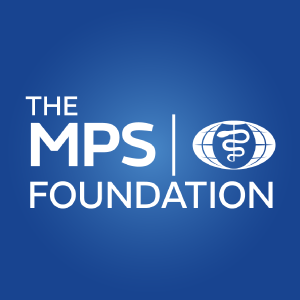Dental Protection welcomes steps to tackle sexual misconduct in the NHS
Dental Protection has welcomed steps taken by NHS England to ensure sexual misconduct in the...Dental Protection welcomes GDC move to stop publishing IOC decisions
Dental Protection has welcomed the GDC’s decision to no longer publish determinations made by the...Dental Protection urges DCPs to check CPD in time
Dental Protection has urged dental care professionals (DCPs) to check their CPD hours ahead of time...Improving GDC investigations – a light at the end of the tunnel?
By Dr George Wright, Deputy Dental Director at Dental Protection One year ago, Dental Protection...Provisional registration would require a stronger supervision plan, says Dental Protection
Dental Protection has welcomed the aim to boost the UK dental workforce by streamlining processes...Celebrating the work of dental nurses
The world marked International Nurses Day on 12 May. Evelyn Ferguson-Williams, a registered dental...Research competition for foundation dentists has deadline extension
The deadline for the annual research competition for foundation dentists in the UK has been...


















